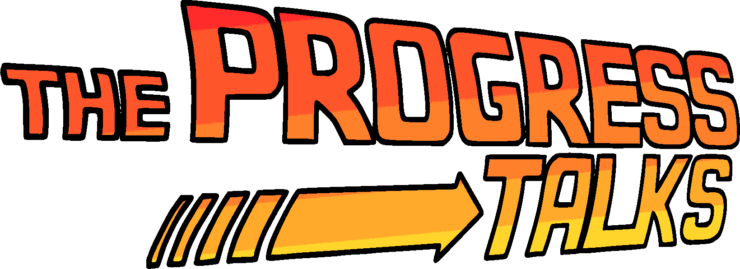
An online forum for debate on moral progress research
These questions receive increasing attention from philosophers, psychologists, biologists and sociologists. THE PROGRESS TALKS was an online forum where ongoing research on moral progress was debated.
THE PROGRESS TALKS have ended.
Jamieson, Dale. 2024. “Moral Progress Through Thick and Thin.” May 30. [Abstract]
Smyth, Nicholas. 2024. “Backslide: The Coming Loss of Moral Knowledge.” April 18. [Abstract]
Queloz, Matthieu. 2024. “Moral Progress through Conceptual Change.” February 15. [Abstract]
Jaeggi, Rahel. 2023. “Progress and Regression.” January 18.
Bicchieri, Cristina. 2023. “From is to ought and back: Variability and asymmetry in social inferences from norm information.” October 19.
Anderson, Elizabeth. 2023. “Pragmatism and Moral Progress.” February 9. [Abstract]
Danaher, John and Jeroen Hopster. 2022. “The Normative Significance of Future Moral Revolutions.” December 9. [Abstract]
Allen, Amy. 2022. “Universality, Necessity, and Progress: Marx and the Problem of History.” November 10. [Abstract]
Buchanan, Allen, and Alexander Motchoulski. 2022. “Revolution, Ideology, and Moral Progress.” September 15. [Abstract]
Lowe, Dan. 2022. “Ideology Critique and the Abolition of Slavery in the United States.” May 5. [Abstract]
Kumar, Victor. 2022. “Quarantined in an Echo Chamber.” April 7. [Abstract]
Kitcher, Philip. 2022. “A method for moral progress.” March 10. [Abstract]
Hermann, Julia. 2021. “Moral Progress through Disruption? The Role of (Socially Disruptive) Technologies for Progressive Moral Change.” December 9. [Abstract]


